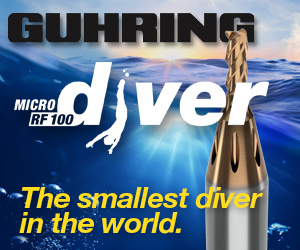Contact Details

Medical device contract manufacturer Norman Noble Inc. announced it has begun providing additional design and testing services to its medtech customers. The expansion of services streamlines the product commercialization process for the company's customers, freeing up their internal engineering resources and enabling them to bring products to market more quickly and cost effectively.
Design and Testing services are essential to product development, product refinement, manufacturability, verification testing, and FDA approval. Norman Noble's design and testing services offering includes the following technical services and capabilities for medical device original equipment manufacturers (OEMs) worldwide:
• Finite Element Analysis (FEA)
• Corrosion Testing per ASTM F2129
• Design Model Optimization for Radial Force, Design for Manufacturability (DFM), Fatigue Analysis, Raw Material and Process Optimization to ensure highest level of quality and yield
• Test Report Data to support customer requirements for FDA regulatory compliance
• Scanning Electron Microscopy (SEM) Analysis with EDX
Nitinol Austenite finish (Af) analysis using Bend Free Recovery (BFR) per ASTM F2082, and Differential Scanning Calorimetry (DSC) per ASTM F2004
"We're experts in manufacturing vascular stents and medtech implants from exotic materials including Nitinol. We understand how to develop and execute efficient, repeatable processes. With our new design and testing services, we're applying the same level of expertise to a major part of the product development cycle," said Norman Noble COO Chris Noble. "Our assistance with design and testing enables our customers to heighten their focus on what they do best: anticipating, researching and conceptualizing innovative medical device technologies. Norman Noble Inc. then delivers their finished product."
Related Glossary Terms
- austenite
austenite
Solid solution of one or more elements in face-centered cubic iron. Unless otherwise designated (such as nickel austenite), the solute is generally assumed to be carbon. Austenite can dissolve up to 2 percent carbon. Austenite is relatively soft, ductile and nonmagnetic.
- fatigue
fatigue
Phenomenon leading to fracture under repeated or fluctuating stresses having a maximum value less than the tensile strength of the material. Fatigue fractures are progressive, beginning as minute cracks that grow under the action of the fluctuating stress.
- recovery
recovery
Reduction or removal of workhardening effects, without motion of large-angle grain boundaries.




